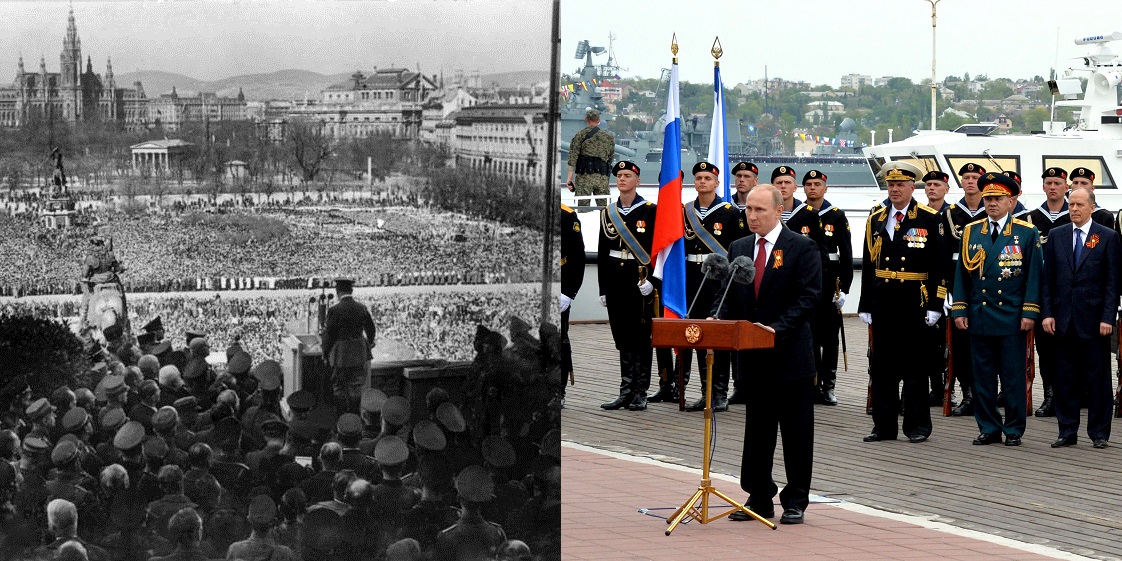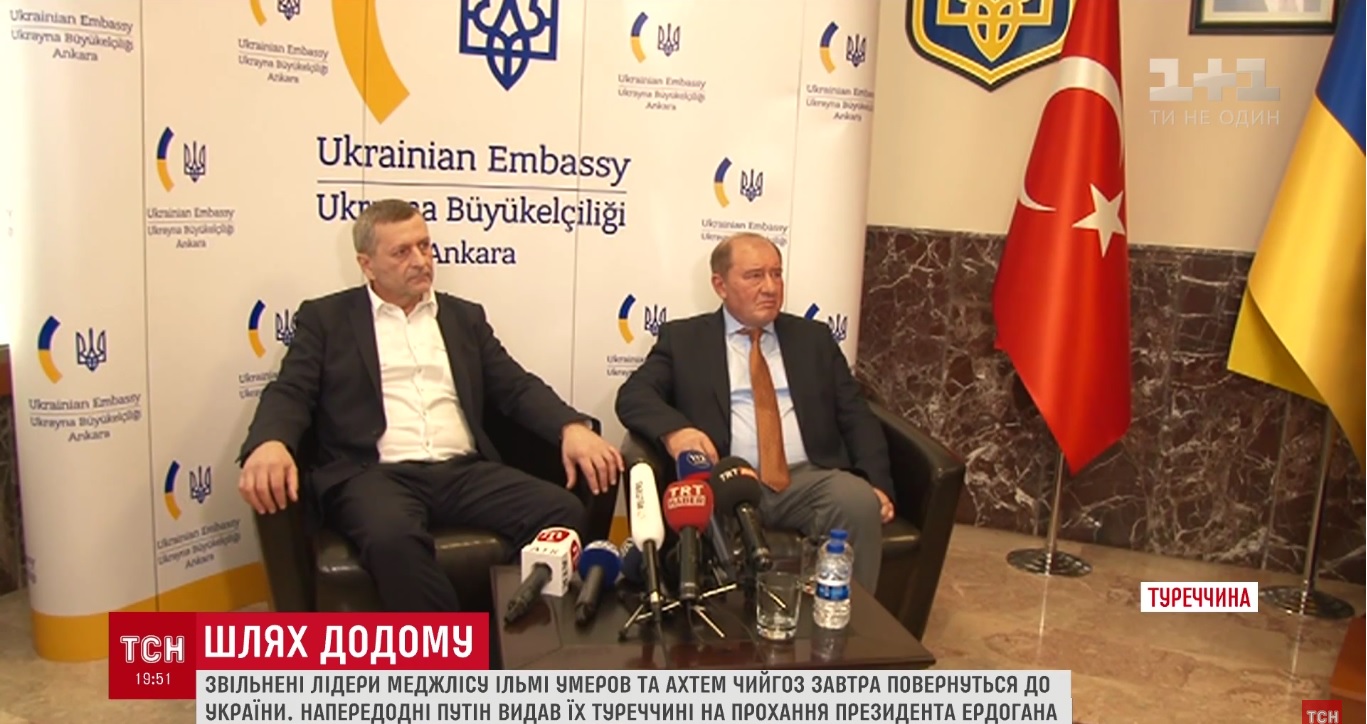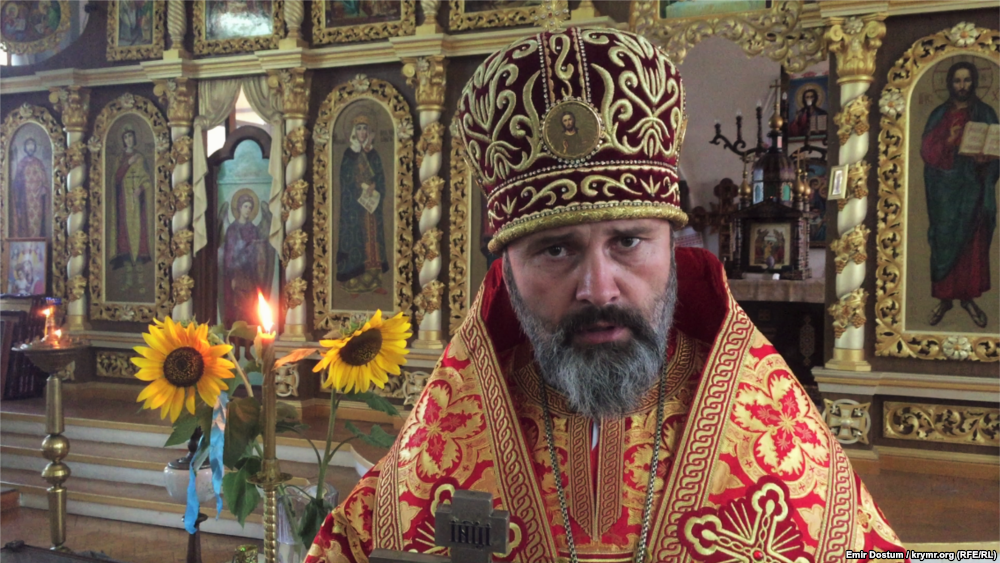Paul Goble, originally on Window on Eurasia
 Staunton, May 14 – Polls show that many Russians now view their country as once again a great power as a result of the Crimean Anschluss, but that immediate emotional response while very real is neither accurate – this action alone is insufficient for such a status – nor likely to be any longer lasting than the boost Vladimir Putin got from the Sochi Olympiad.
Staunton, May 14 – Polls show that many Russians now view their country as once again a great power as a result of the Crimean Anschluss, but that immediate emotional response while very real is neither accurate – this action alone is insufficient for such a status – nor likely to be any longer lasting than the boost Vladimir Putin got from the Sochi Olympiad.
In an article in “Gazeta” yesterday, Igor Nikolayev, the director of the FBK Institute for Strategic Analysis, says that Vladimir Putin’s actions in Crimea have clearly been sufficient for many Russians to conclude that Russia is now a great power but argues that they are not sufficient to make it one.
The most disturbing aspect of this popular view, the financial analyst says, is that Russians have changed their definition of what constitutes a great power. As recently as 2002, a majority said Russia would have to have a flourishing economy with a rising standard of living to be one.
But Russia has not achieved those things. Its economy is entering recession as those of other countries are growing, and its per capita purchasing power now ranks it not even in the top 50 countries of the world. And consequently, Russians have now accepted the idea that they can be a great power without that as long as other countries fear Russian military power.
“When the well-being of the population ceases to be an important criterion of great power status,” Nikolayev says, “the country is entering a new path of development. Budgetary priorities are shifted: defense and law enforcement rise to the top. And this in turn and in an entirely natural way provokes geopolitical activity which is far from always justified.”
This shift in priorities also undercuts the development of democratic institutions, as Russians have seen over the last several years, and it has reduced the share of those who believe that Russia needs to promote “a high level of Russian culture” if their country is to be a great power again.
Nikolayev cites the observation of German Chancellor Otto von Bismarck that “it is impossible to defeat the Russians as we have had the opportunity to be convinced more than once. But it is possible to introduce false values among them and then they will defeat themselves.”
“I fear,” the financial analyst suggests, that this is exactly what is happening in Russia now as Russia moves along “the path of least resistance: powerful armed forces so that others will fear it.”
It is of course difficult to create a powerful economy and a high standard of living, he notes. And it is dangerous to deceive oneself that many of the achievements in a wide variety of spheres that Russians now claim as their own recent ones were in fact not the result of their efforts but of the Soviet past.
That has led to an increasing reliance on spectacles: The Sochi Olympiad indeed made an impression on the world, but that impression rapidly dissipated, and after a few weeks, “nothing remained from this powerful positive effect.” Nothing except one thing: Russians began to think of themselves as a world power even though no one else does.
Nikolayev says that he is “far from certain” that Russia needs to be a great power at least anytime soon. But he concludes by saying that “achieving that status will be much more difficult” than many think. “It is thus much simpler simply to change ‘Russia’” and assume that displays of force are enough.




